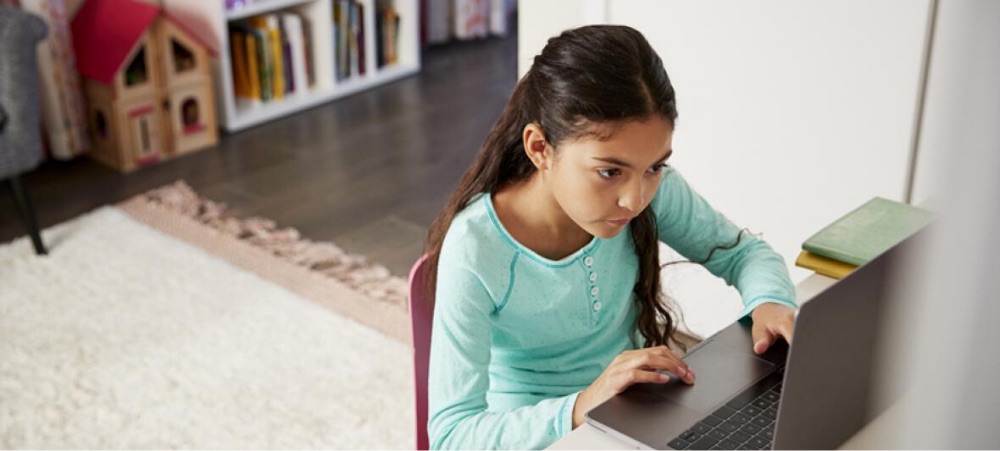Parents play a critical role in providing learning opportunities at home and in linking what children learn at school with what happens elsewhere. The term ‘academic socialisation’ refers to certain kinds of parental behaviours which have a positive impact on learning and academic outcomes. When parents reinforce learning at home by incorporating learned skills into everyday routines and activities, they become a critical factor in their child’s overall learning and education. Research has found that learning becomes more meaningful when the lessons are applied to real-life situations; it has been suggested that the influence of parents on learner achievement is 60-80%, while school accounts for 20-40% per cent.
In particular, parents can have a significant impact on three areas of a child’s learning:
- Working memory: is short-term memory. Children rely on both incoming information and information stored in their working memory to complete an activity. If they have a weak working memory, they will struggle to juggle both;
- Response inhibition: this refers to a child’s ability to postpone, withhold, or stop inappropriate behaviour;
- Cognitive flexibility: is a child’s ability to shift their attention as the demands of the environment or the task change.
In terms of developing working memory, parents can assist their children to remember homework assignment due dates by devising a plan to complete these assignments. It is also beneficial for parents to encourage their child to discuss previous lessons or assignments, and ways in which to apply them in different contexts. Response inhibition on the other hand can be strengthened when parents help their children avoid distraction when doing assignments, and by encouraging them not to abandon tasks if they are struggling. Lastly, cognitive flexibility can be improved when parents help their children recognise when their homework or lesson plan needs to change due to external circumstances, or a child’s mood or emotional state.
Parents also have an important role to play in monitoring and guiding their child’s schooling, this will also provide opportunities for parents to assist their child in setting goals and creating plans of action to meet these goals which in turn develops a child’s organisational skills.
These steps cannot be mastered overnight, but through practise, parents can not only enhance the quality of their child’s learning experiences, but also develop a stronger bond with their children.
- Equipping your child for the 4th industrial revolution - June 16, 2020
- Online education a viable alternative - June 9, 2020
- Learning in the time of Corona - June 2, 2020





